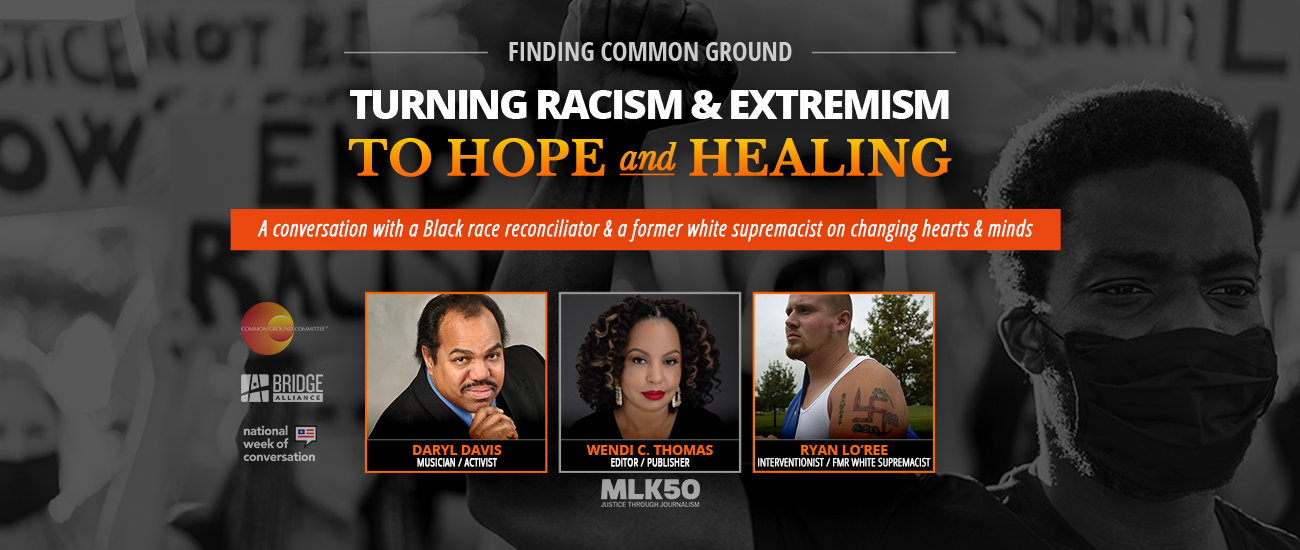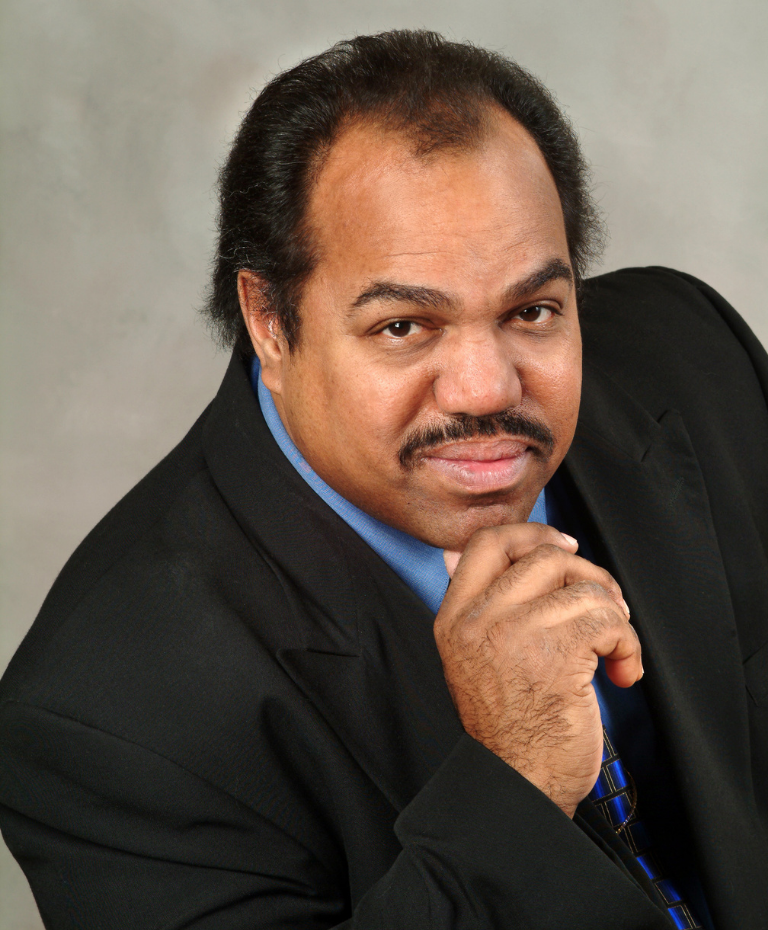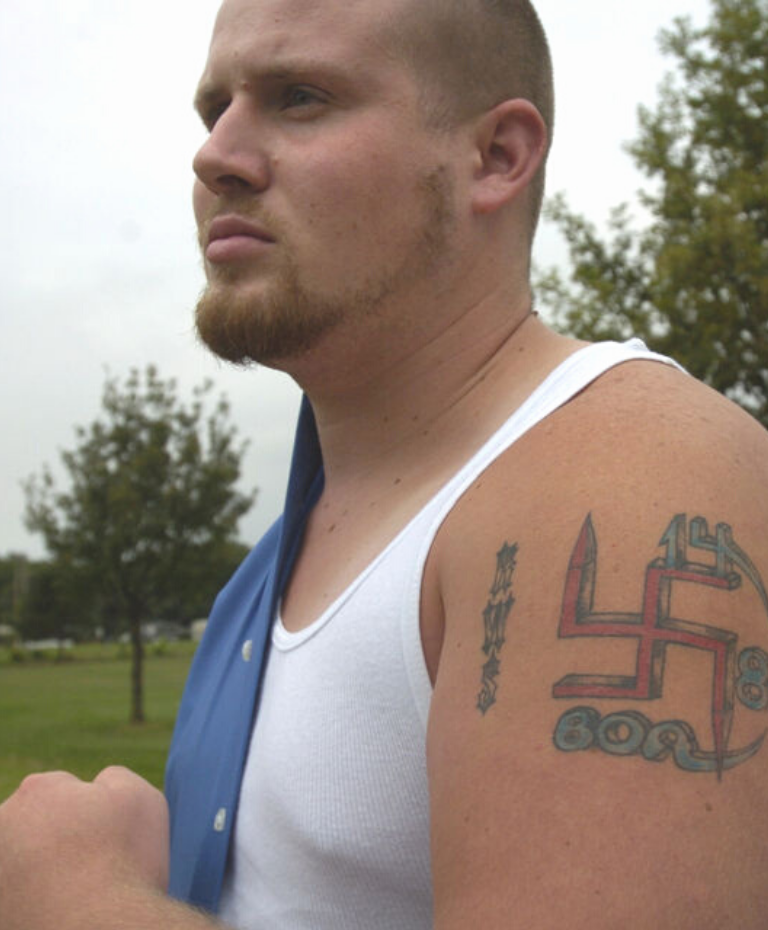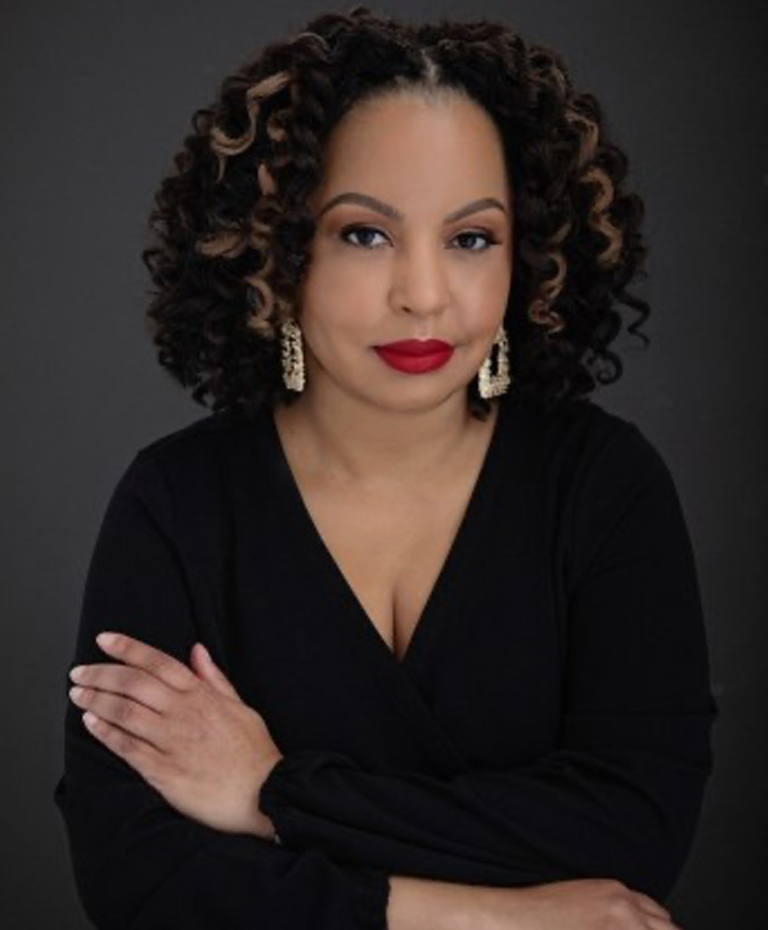Healing Racism & Extremism

Today, white supremacist violence is one of the most serious threats to America’s domestic security. What will it take to combat hate? Explore strategies that work and how we can all play a part, starting with a conversation featuring Black race reconciliator Daryl Davis and former white supremacist Ryan Lo’Ree.
More progress and less division starts with us. Watch conversations between thought leaders, learn about areas of common ground on a timely topic, and commit to taking one action that can influence real-life change.
Watch highlights from a conversation with thought leaders. Or watch the full conversation, and follow along with your discussion guide to capture key points.
Daryl Davis
Musician & Activist

Award-winning musician Daryl Davis earned a degree in Jazz and tours nationally and internationally with The Daryl Davis Band. He is also the first Black author to interview KKK leaders and members, detailed in his book, Klan-Destine Relationships. Today, Davis owns numerous Klan robes and hoods, given to him by active members who renounced their racist ideology after meeting him. As a race reconciliator and lecturer, he has received numerous awards and is often sought out by news outlets as a consultant on race relations and white supremacy.
Ryan Lo’Ree
Interventionist

Ryan Lo’Ree, Light Upon Light Interventionist and Program Specialist, was once a right-wing extremist with the Rollingwood Skins, a Michigan-based offshoot of the largest Nazi movement in the United States. To finance these efforts, Ryan found himself in trouble with the law. After Ryan’s incarceration, he went through a process of transformation and healing centered around trauma associated with sexual, physical and mental abuse he endured from male family members. Ryan has helped to pull dozens of former extremists out of hate groups in Michigan.
Wendi C. Thomas
Publisher

Wendi C. Thomas is the founding editor and publisher of MLK50: Justice Through Journalism, an award-winning nonprofit newsroom focused on poverty, power and public policy. Thomas and her team of talented journalists are based in Memphis, where Dr. Martin Luther King Jr. was killed 50 years ago, and their reporting centers the people, especially workers, King died fighting for. A 2016 fellow at the Nieman Foundation for Journalism at Harvard University and a distinguished fellow with ProPublica, Ms. Thomas has won numerous awards for her reporting.
Discover main areas of common ground and key takeaways.
Race reconciliator Daryl Davis and former white supremacist Ryan Lo’Ree come from very different backgrounds and belief systems – but are both successfully changing hearts and minds by convincing people to walk away from hate groups. Here’s what they’ve both learned through their work:
- Hate groups are not new, but they have been emboldened. Changing demographics, extreme rhetoric and internet recruitment are contributing to the growth of new groups.
- As a learned behavior, hate can be unlearned. However, this requires time, dialogue – and, above all, empathy.
- Support is needed for intervention work, from government funding and policy to community and individual efforts to welcome former extremists back into society.
In an era when domestic terrorism is on the rise, this thoughtful discussion offered a model for combatting one of America’s most pressing issues, and hope that we can all make a difference.
READ
Highlights: Healing Extremism
Transcript: Healing Racism & Extremism Conversation with Daryl Davis & Ryan Lo’Ree
LISTEN
Podcast: How to Take Direct Action Against Hate
WATCH
Post-Show Conversation: Healing Extremism
How I Was Deradicalized
Klansmen Are Not Born With Hoods & Robes
Accepting Former Extremists Back Into Society
Hate Groups Feel Emboldened
Understanding How People Become Extremists
Find out what Common Grounders think about this conversation, and share your own thoughts.
OUR PERSPECTIVE
The rise of violent extremism is one of the most serious threats to American civil liberty and domestic security. Our conversation with Daryl Davis and Ryan Lo’Ree demonstrated that individuals, communities and government all have a role to play in intervention work. And, above all, it reinforced the power of human connection as the first step in changing hearts and minds.
YOUR PERSPECTIVE
[gravityform id=”14″ title=”false” description=”false” ajax=”true”]
What’s one action you can take in your own life?
[gravityform id=”15″ title=”false” description=”false” ajax=”true”]
JOIN OUR COMMUNITY
More progress and less division is possible – and we’re dedicated to showing what it can look like. Follow Common Ground Committee on your favorite social channels and join our private Facebook group to get inspired by leaders, thinkers and citizens demonstrating how we can move forward together.
[gravityform id=”16″ title=”false” description=”false” ajax=”true”]
Thank you for exploring this conversation on a topic that is shaping the future of every American. Please share with others and keep working towards common ground. Together, we can make a difference.


